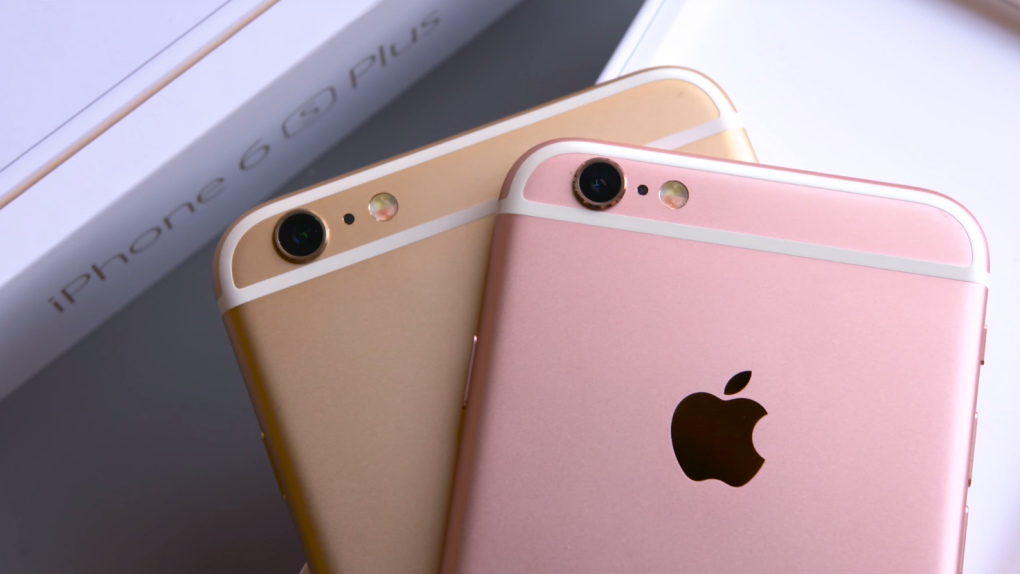Samsung’s financial fate is in part tied to the iPhone. The more smartphones Apple sells, the better for Samsung’s bottom line, as the Korean company’s most recent quarterly results have shown. Being an iPhone parts supplier is of utmost importance for Samsung, which is battling many companies to score lucrative contracts from Apple. And Samsung is apparently so determined to win more of Apple’s business that it’ll help its fierce rival further improve the product that’s currently beating its flagship Galaxy handsets in stores.
DON’T MISS: Best Apple Black Friday deals: Cheap iPhone 6s, iPad Air and Macs available from major retailers
A report from The Korea Times says that Samsung Display is looking to convince Apple to replace LCDs in future-generation iPhones with OLED screens – the kind of displays found on Samsung’s smartphones that many critics say beat the iPhone’s display when it comes to overall experience.
Historically, even though OLED has advantages over LCD, Apple used only the latter kind of screen in iPhones, as LCDs have lower manufacturing costs while still offering impressive performance.
A recent report from the well-connected Apple insider Ming-Chi Kuo said that Apple might move to OLED displays for the iPhone, and the Times seems to further reinforce that belief.
The move would not take place sooner than 2018, the year when an iPhone 8 model should be released assuming Apple sticks to its iPhone naming scheme. Therefore, the iPhone 7 will still have an LCD screen rather than OLED.
“Samsung Display has recently renewed talks with Apple to supply its small-sized OLED displays for the next iPhones to be released in a few years, which I believe is around 2018,” a high-ranking industry executive told the Times.
Samsung Display will challenge LG Display in the process, which is currently supplying LCD screens for the iPhone. The company is looking to increase its business in the coming years, and the only way to do it is to convince Apple to switch to OLED displays.
“[The] Chinese won’t replace Apple’s brand image,” the tipster said when explaining that Samsung Display is also looking for OLED screen customers from China. “If Samsung starts to ship OLEDs for new Apple iPhones, then this will be huge.”
Samsung is apparently willing to drop OLED prices to meet Apple’s requirements. “Prices are being brought down, and other technological issues are rapidly being addressed,” the source said. “If Apple adopts OLED technology in its next iPhones, this will benefit the entire ecosystem in the global display industry.”
Foxconn, meanwhile, should start making its own LCD displays in 2018, in a factory built specifically for Apple’s future iPhones. But the news site suggests Foxconn’s LCDs will be used on budget iPhone models, the kind of iPhone Apple has yet to launch.
Samsung’s renewed focus on OLED display will also convince LG to increase OLED screen production in its own plants, so as to keep Apple’s iPhone screen business.
“LCDs will remain optional, not primary, and I believe groundwork has already started. Apple holds the key to the timing to open an era of OLEDs in a real sense,” a fund manager at a U.S.-based investment firm in Seoul told the Times.




